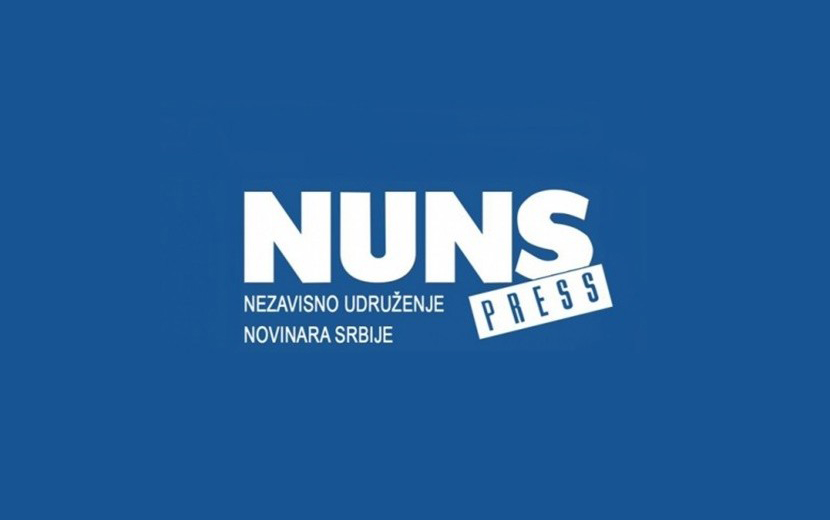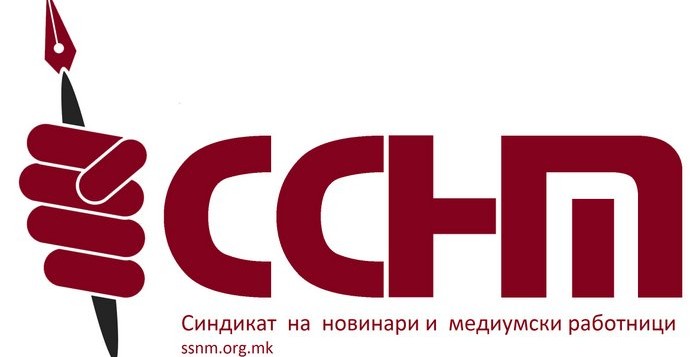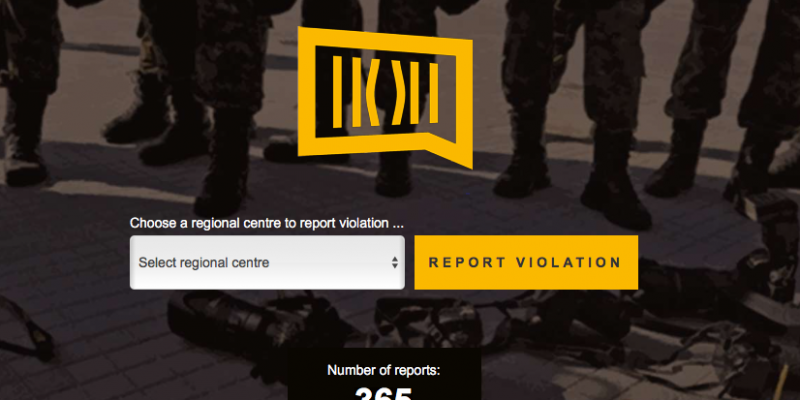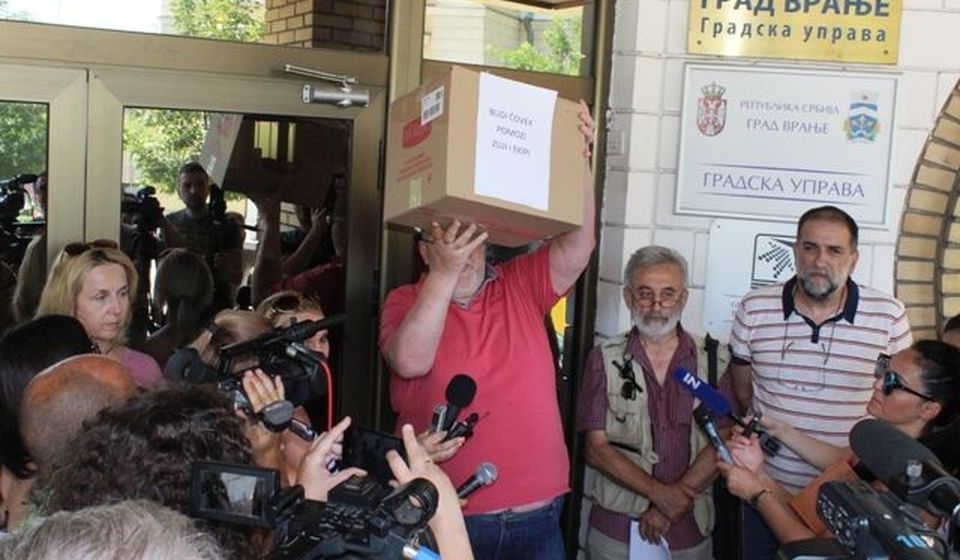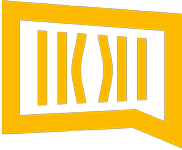СКОПЈЕ 31.08.2017 – Речиси 45 проценти од македонските новинари примаат плата пониска од државниот просек, кој изнесува 22.808 денари. Ова го покажа новата анкета на Самостојниот синдикат на новинарите и на медиумските работници (ССНМ), спроведена во јули и во август годинава користејќи го интернет сервисот Survey Monkey.
ССНМ консултираше 127 медиумски работници, од кои околу 80 отсто работат како новинари, а останатите се уредници, фоторепортери, сниматели или други технички лица коишто се ангажирани во медиумите.
Кога процентите ќе се претворат во бројки излегува дека точно 57 медиумски работници од вкупно 127 коишто ја пополниле анкетата на ССНМ земаат плата помала од 22.000 денари.

85 отсто од луѓето во медиумскиот бизнис во Македонија со својата плата не ја пробиваат границата од 500 евра
Потрошувачката кошничка претешка за платата
И ако 45 проценти се под просекот, други 40 отсто од анкетираните новинари и медиумски работници, или вкупно 51 од испитаниците, имаат плата чиј износ се движи меѓу просечната и 30.000 денари.
Ако се соберат овие два проценти излегува дека 85 отсто од луѓето во медиумскиот бизнис во Македонија со својата плата не ја пробиваат границата од 500 евра, односно само нивните примања не се доволни да се покрие потрошувачката кошница на едно четиричлено семејство, кое изнесува околу 32.000 денари и која ги покрива минималните потреби на една фамилија.
Драматичната состојба, меѓу другото, е резултат и на децениската агонија на медиумите кои поранешната владејачка гарнитура на ВМРО-ДПМНЕ или ги контролираше или ги напаѓаше со сите расположливи средства.
Оваа политичка чизма остави зад себе големи медиумски корпорации испразнети од содржина, без сериозни и искусни новинари и медиумски работници, кои заминаа поради грубите политички притисоци и во редакциите останаа млади и неискусни работници, кои полесно се контролираат и ,нормално, уште помалку се плаќаат.
Останатите медиуми, пак, одвај преживуваа, зашто пазарот го контролираше истата политичка гарнитура, која ја имаше сконцентрирано сета моќ во своите раце. Немаше пари од владини реклами за „непослушните“ медиуми, а секнаа и оние од бизнисот кој не сакаше да се замери со врхушката на власт огласувајќи се во медиуми кој не ѝ се наклонети.
И како што секнуваа парите во критичките медиуми, така новинарите или заминуваа или мораа да се задоволуваат со ниски плати и со несигурно работно место, без пензиско и здравствено осигурување.
Анкетата на ССНМ дава одговор и на прашањето колку од новинарите сега имаат загарантирано работно место, а колку, пак, се ангажирани на определено време или се хонорарци.

Секој пети вработен во медиумите може да биде отпуштен во секој момент
Податоците се загрижувачки, бидејќи повеќе од половината или околу 54 проценти од медиумските работници и новинари не се вработени постојано, односно немаат договори на неопределено време и тоа – 35 проценти се на определено време и 19 отсто се ангажирани хонорарно, што значи дека секој пети вработен во медиумите може да биде отпуштен во секој момент.
Ова истражување го покажува и трендот дека во медиумскиот простор во моментов најмногу вработуваат телевизиите и онлајн-медиумите, дури 82 проценти од сите испитаници одговориле дека работат во телевизија (47 %) или на некој од порталите (35 %), а тоа се должи на фактот што годинава се затворија трите дневни весници на „Медиа принт Македонија“ (МПМ) – „Дневник“, „Утрински“ и „Вест“, неколку години претходно престанаа да излегуваат „Шпиц“ , „Време“, „Дневен Фокус“ и „Ден“, а во меѓувреме не се отворија нови печатени медиуми и новинарите се префрлија главно на интернет.
Од вкупно 127 испитаници само 10 работат во печатен медиум, додека седуммина се во радио.
Работата во порталите е понесигурна и пониско платена
Со оглед дека вработувањата во телевизиите и на порталите се навистина доминантни ќе направиме детална анализа на примањата кај нив и ќе ги споредиме.
Кај онлајн-медиумите има значително повеќе медиумски работници што со месечните примања се под државниот просек. Ако генералната слика покажува дека во сите медиуми овој процент е околу 45 отсто, кај порталите речиси 57 проценти од новинарите земаат плата пониска од 22.808 денари или во апсолутни бројки тоа се вкупно 25 од 44 анкетирани.
Од друга страна кај телевизиите овој процент е далеку помал, само 36 проценти од испитаниците рекле дека земаат помала плата од 22.000.
Порталите лошо стојат и во онаа категорија на работници што добиваат месечни примања поголеми од просечната плата, а помали од 30.000 денари. Па, така, ако генерално во медиумите овој процент е 40, кај порталите тој се движи околу 30 или само 12 од вкупно 44 испитаници.
И тука телевизиите го дигаат генералниот процент бидејќи кај нив дури 45 од вработените земаат плата повеќе 22.000 и 30.000 денари.
Поeдноставно кажано, во споредба со просекот изваден од сите медиуми и во споредба со состојбата во телевизиите, во порталите има повеќе работници со плата под просекот, а помалку со месечни примања меѓу 22.000 и 30.000 денари, што јасно кажува дека работната сила во онлајн-медиумите е потценeта.
Што се однесува за сигурноста на работното место и тука онлајн-медиумите се во подредена улога.
Анкетата покажа дека генерално во медиумите околу 54 отсто од работниците немаат договор на неопределено, кај порталите овој процент е нешто повисок и изнесува 56, а кај телевизиите очекувано оваа група на вработени е помала и е околу 50 проценти.
Меѓутоа, она што навистина загрижува е бројот на хонорарци ангажирани во онлајн-медиумите. Ако генерално во медиумите 19 проценти се хонорарци, кај телевизиите се навистина малку – само двајца од испитаниците, меѓутоа кај онлајн-медиумите дури 30 проценти од ангажираните се прекарни работници.
Од сето ова може да се изведе заклучок дека работата во порталите е понесигурна и помалку платена и оваа разлика е драстична кога се споредува со работата во телевизиите.
Може да се каже дека и технолошката револуција во медиумите, префрлањето на новинарите од печатените медиуми во порталите се одвива побрзо отколку што пазарот на медиуми се адаптира на новата состојба.
Па, така, наместо неколку печатени медиуми со големи редакции полни со искусни новинари, имаме распрскана онлајн медиумска сцена на десетици ситни портали која сѐ уште во голем дел се финансира од грантови, кредити, не заработува самата за себе, не е никако регулирана и не е воопшто стабилна, секој ден се отвораат и се затвораат онлајн-медиуми.
За квалитетот на новинарската содржина што се нуди онлајн тешко е и да се говори, бидејќи се повеќе тоа личи на copy-paste новинарство.
Примерот со МПМ е доста сликовит, бидејќи тоа беше релативно сериозна компанија со решен статус на повеќето новинари, кои беа синдикално организирани, меѓутоа по нејзиното затворање повеќето од нив, иако возрасни и искусни оставени се да се снаоѓаат во неколку портали со неизвесна судбина.
Не треба да се заборави ниту фактот дека оваа новинска куќа беше буквално „цицана“ од менаџментот, кој се поврзуваше со високи функционери од минатата владејачка гарнитура. Имено, додека официјално трите весници беа затворени поради слаби финансиски резултати, директорката на МПМ, Јана Станисављева месечно земала плата од околу 20.000 евра.
Јазот меѓу уредничката и новинарската плата
Испитувањето што го направи ССНМ ја открива и големата разлика меѓу новинарската и уредничката плата посебно во телевизиите, бидејќи како што покажа анкетата новинарската плата се движи некаде околу просекот, меѓу 19.000 и 24.000, додека уредничкиот личен доход варира од 40.000 до 50.000 денари, со исклучок на онаа на главен уредник која стигнува и до 120.000 денари.
Работната сила во медиумите главно ја сочинуваат новинари меѓу 30 и 50 години, дури 72 проценти се во оваа категорија, меѓутоа мал процент, само 20 отсто се под старосната граница од 30 години.
Извор: ССНМ


